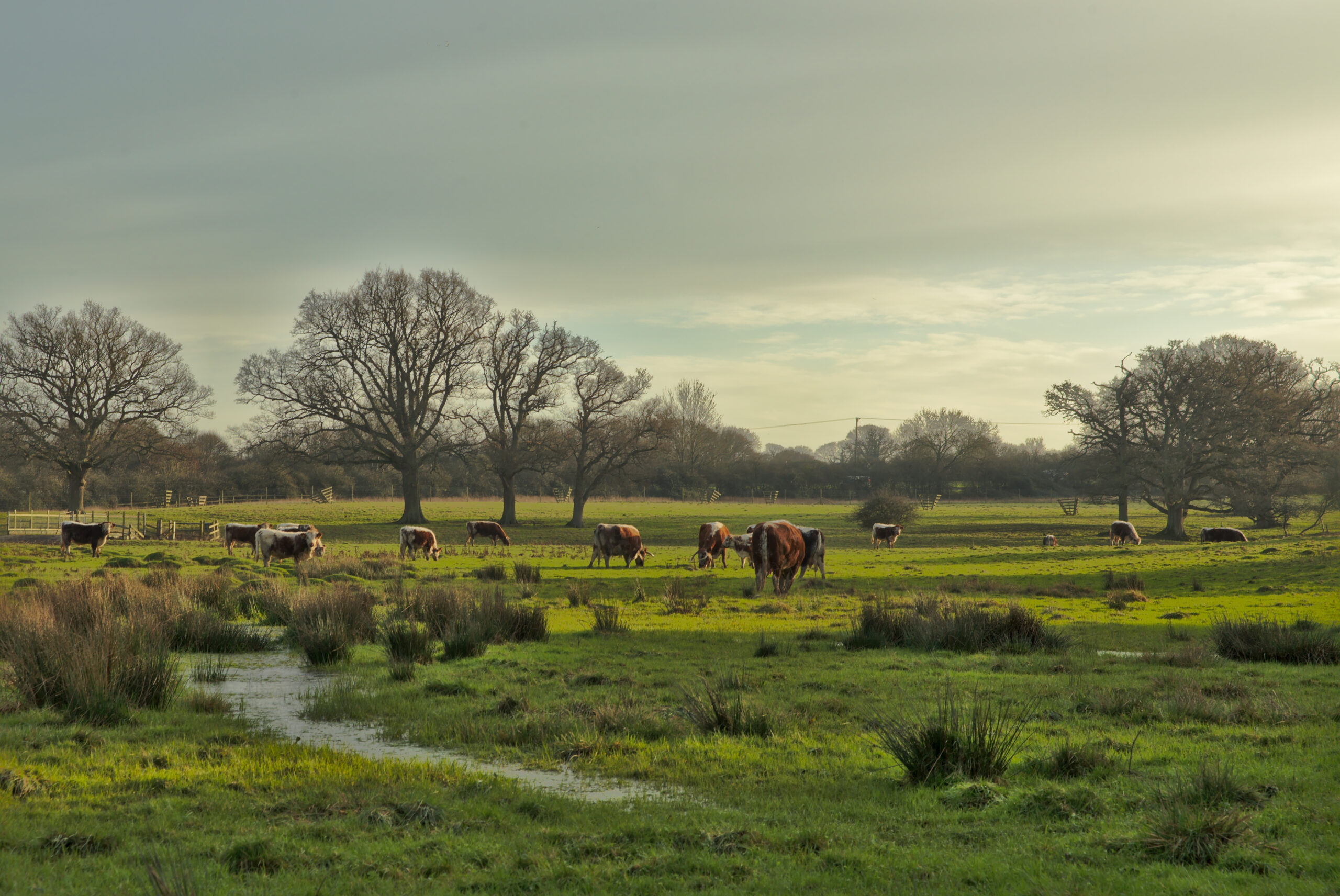
Over 10,000 farmers have assembled in Whitehall to protest the vitiating of a decades-long understanding between themselves and the Government, which previously afforded them a much justified Inheritance Tax exemption.
The Treasury of Sir Keir Starmer’s Government has recently unveiled plans to alter the relief received by farmers and agricultural workers in 2026, ending both Agricultural Property Relief and Business Property Relief. These two broad categories previously offered 100% relief to those left with property; in order to ease the burdens suffered by the agricultural industry and promote the food security of the United Kingdom, this will no longer be the case.
From 2026, the level of relief will be £1 million, with £500,000 available for additional relief, and £3 million if the estate is left to a spouse. If the estate surpasses these relief levels, the beneficiary must pay 20% Inheritance Tax. The key issue here is that in the construction of their brand-new relief levels, the Government has failed to show they have considered those who are asset rich, but cash poor. In instances such as this, it will undoubtedly result in the sale of land, just to provide beneficiaries a hope at paying their new burden of Inheritance Tax.
The effect of this means that family businesses and generational legacies will be obstructed from continuing to prosper, and instead eradicated.
Recently the Welsh First Minister, Baroness Eluned Morgan, responded to the protests and discontent of farmers in Wales, and across the United Kingdom, by saying “farmers use public services, they send their children to local schools, they use the local hospitals, and somebody has to pay for it”. Following much the same thread as Sir Starmer, Baroness Morgan also insisted that the new measures would only affect a small number of farms, with the government speculating those affected to be less than 500. Which almost begs the question as to whether such upheaval is worth it in the long run, if their predicted number is relatively low and whether this would generate significant funds to be reallocated elsewhere effectively.
The Farmer’s Union has however predicted the number of farms likely to be affected to be closer to 70,000. The UK Government research from last year had suggested that on average farms made a profit of £43,300, however it was also disclaimed that this survey was exclusive of lower income farms. This highlights a pattern of the Government choosing not to look at the ‘bigger picture’, perhaps a higher degree of perspicuity would prevail if they realised it is in the best interests of all parties concerned for them to collate collected data with organisations like the Farmer’s Union.
Circling back to the declaration by Baroness Morgan, a 2023 Welsh Government report on agriculture detailed how the total income from farming had decreased by around £30 million (a 6% decrease). The introduction of further burdens to an industry already struggling and in deficit, with costs rising, Brexit causing subsidy loss, and now their Government altering provisions successfully in place since 1984, the odds could not be more stacked against this essential industry.
The implication that agricultural workers do not wish to contribute to the public services they utilise, as inferred by Baroness Morgan’s statement, has been widely rejected by those it was indirectly aimed at. With some saying they would be happy to pay at a higher rate, but not at the extortionate rate to be implemented in 2026.
Everyone’s favourite referee-turned-farmer Nigel Owens, shared on his social media “(M)any seem to forget that many farmers are working all the hours going, just surviving to make sure we have food on our table. Many family farms’ wealth is only the value of their land, which they see nothing of unless it’s sold”.
If Sir Starmer’s Government does not backdown this will likely become the case for many families, and as he continues to insist (from Brazil) the number affected will be small, the protests will continue, as will the threat of strikes.



Average Rating